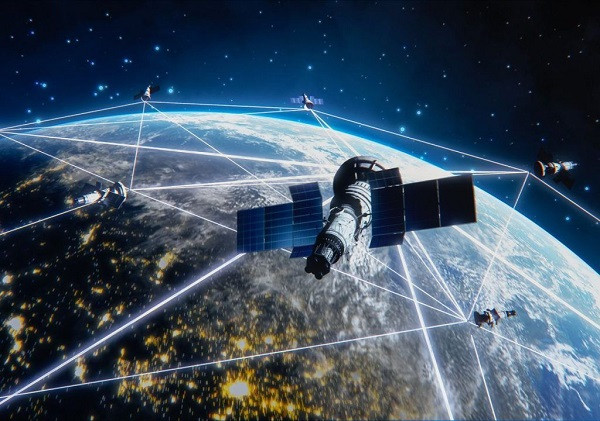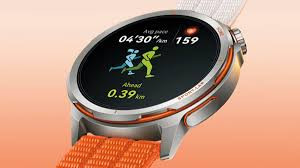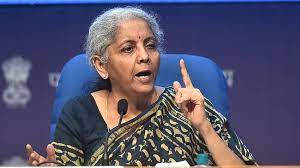Satellite Safety at Stake: Rising Atmospheric Heat Amplifies Collision Risk in Earth's Orbit

IIE Digital Desk : The safety of satellites has become a pressing concern as the Earth's atmosphere experiences a rise in temperatures. Scientists and experts are increasingly worried about the heightened risk of collisions among the vast array of satellites that encircle our planet. This development highlights the urgent need to address the consequences of a warming atmosphere on our space infrastructure.
The orbit around Earth has become increasingly congested with a multitude of satellites, including those for communication, weather monitoring, navigation, and scientific research. As the number of satellites continues to grow, so does the risk of collisions, which can have severe repercussions for space-based operations and services that are integral to our modern way of life.The rising temperatures in the Earth's atmosphere are contributing to an increased density of particles and gases at various altitudes. This leads to atmospheric expansion, which can affect the orbital paths of satellites. As a result, the risk of collisions between satellites and space debris escalates, threatening the functionality and longevity of vital space assets.
Satellite collisions can have far-reaching consequences, including the creation of more space debris. Collisions generate debris fragments that can remain in orbit for an extended period, posing a threat to other operational satellites. This cascade effect, known as the Kessler Syndrome, can further exacerbate the issue, potentially rendering certain orbital regions unusable for future satellite deployments.Scientists and space agencies are actively researching and developing strategies to mitigate the risk of collisions. These include improved tracking systems, advanced collision avoidance algorithms, and the implementation of responsible satellite deployment practices. Additionally, international collaboration is crucial in establishing guidelines and regulations to ensure the sustainable use of space and prevent further deterioration of orbital conditions.
Addressing the challenge of satellite collisions also necessitates the development of technologies to actively remove space debris from orbit. Innovative concepts such as space debris capture and deorbiting missions are being explored to safeguard the long-term sustainability of our space environment.The escalating risk of satellite collisions resulting from the Earth's warming atmosphere underscores the need for immediate action and increased awareness. As our reliance on satellite-based services continues to grow, it becomes imperative to prioritize the sustainability and safety of our space infrastructure. Through scientific research, technological advancements, and international cooperation, we can work towards mitigating the risks associated with the rising collision threat in Earth's orbit.
You might also like!

























